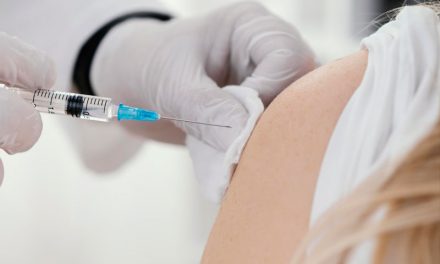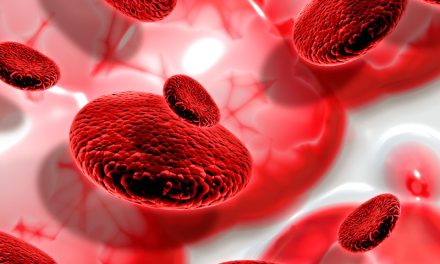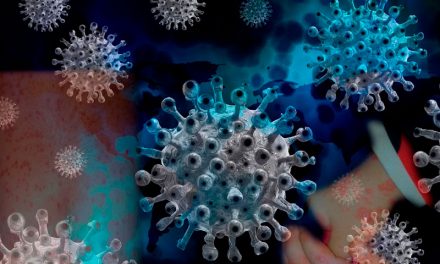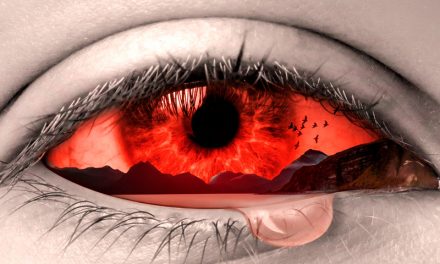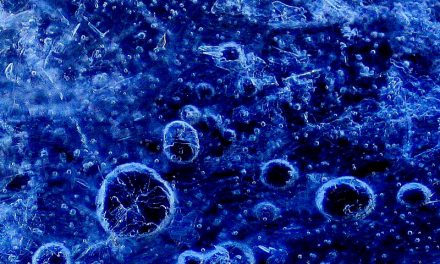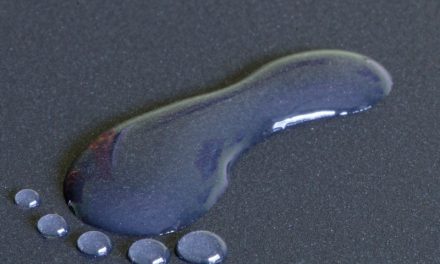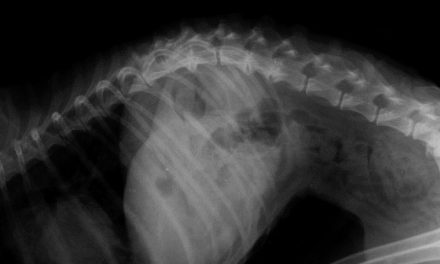Bibliographic review
Author
Pedro J González-Ramos
Abstract
Vulvar Lichen Sclerosus (VLS) is a high incidence pathology, for which there is no known effective therapy. The present paper aims to support the use of ozone as either a complementary therapy or an alternative to corticoids, these being the main line of treatment for Vulvar Lichen Sclerosus (VLS).
We begin with a brief bibliographic review on the VLS and we update what we know about the mechanisms of action of the O3. We then assess whether ozone may be considered to be a treatment option for VLS given the physiological mechanisms involved in the pathology.
We propose treatment options for the VLS which include O3. The aim of these treatments is to either stop or slow the chronic oxidative stress that is implicated in this disease so that we can potentially avoid the disappearance of the vulvar anatomy as it is, and even the development of a carcinoma.
Finally, we trust that it is best to choose whichever option is most suitable and effective for each patient. Consequently, the goal is to improve the degree of adherence to treatment and the structural organization of the gynecological practice, in relation to the pathology. In this respect the vulvar application of Ozonated Oils satisfies both of these objectives.
To conclude, we believe that treating VLS with Ozonated Oils can be a valid alternative to the current therapy of local corticoids and a way to avoid long-term deleterious effects on the skin such as atrophy, teleangiectasia, and a lower resistance to infections.
This post is also available in:  Español (Spanish)
Español (Spanish)




